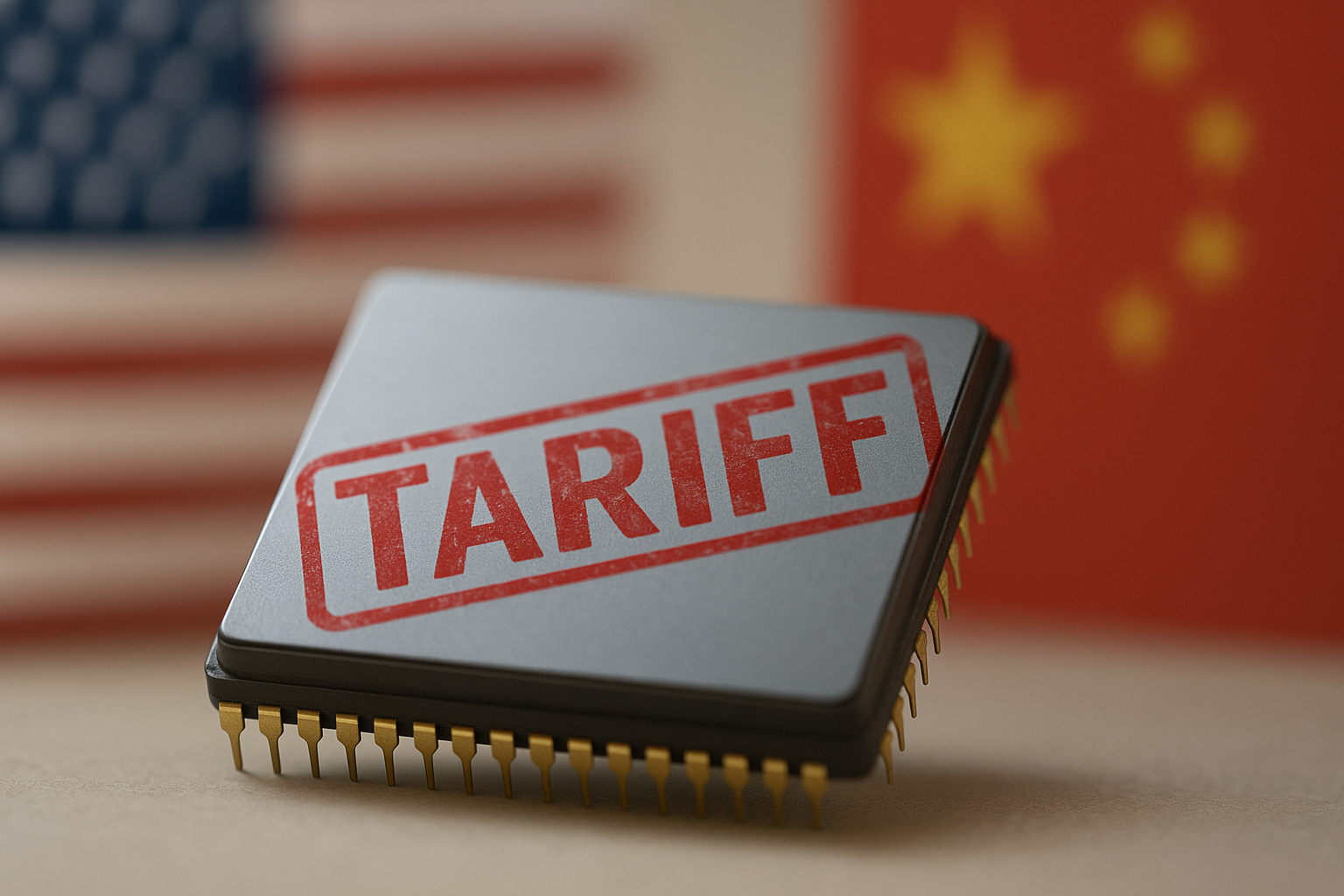AMD just threw down the gauntlet—in the form of a $6 billion share repurchase authorization. Paired with their existing $4 billion program, they're essentially setting aside a cool $10 billion to buy... themselves. The stock market, predictably, did backflips of joy with shares jumping 8% on the news.
I've covered semiconductor companies for years now, and there's something almost ritualistic about these buyback announcements. They're like corporate tattoos that say "we believe in our future" without actually committing to anything specific.
When Lisa Su—AMD's hugely respected CEO—says this "reflects the Board's confidence in AMD's strategic direction," she's deploying the kind of corporate-speak that requires translation. What she might really mean is: "Our stock is undervalued, and frankly, we'd rather gamble on ourselves than risk another acquisition after swallowing Xilinx."
The timing here couldn't be more telling. AMD has been playing catch-up in the AI chip wars, perpetually stuck in Nvidia's shadow. While Jensen Huang has been basking in the glow of a trillion-dollar valuation, AMD has been the guy at the party politely saying, "Hey, I've got cool stuff too!" This buyback feels a bit like showing up to a marathon with a new pair of shoes instead of, y'know, actually training harder.
Look, there's a simple framework I use when thinking about these announcements. What else could AMD do with six billion dollars?
They could supercharge their AI chip research. They could snap up promising startups with complementary tech. Hell, they could even build new manufacturing capacity (though in this semiconductor market, that's arguably crazy talk).
Instead, they've chosen financial engineering. Which isn't necessarily wrong! If your stock is genuinely undervalued, buybacks create shareholder value. Mathematics doesn't lie.
But here's the rub—companies have this unfortunate tendency to buy high and stop buying low. It's human nature, I suppose. When business is booming and cash is flowing, that's when executives get the itch to repurchase shares. When times get tough... suddenly conservation of capital becomes the priority.
(I once asked a CFO about this pattern, and he gave me a look that suggested I'd asked why water is wet.)
To be fair, AMD isn't operating from a position of weakness. They've been executing impressively in a cutthroat industry. Their EPYC server processors have been eating Intel's lunch—and dinner, and possibly breakfast—while they've been making legitimate strides in AI accelerators.
Their free cash flow has improved dramatically. That's what makes this buyback possible in the first place.
But there's something almost... contradictory... about a company simultaneously positioning itself as a revolutionary force in computing while also saying, "We think our best investment right now is our own stock." It's like a startup founder talking about changing the world while cashing out a portion of their shares. The messages don't quite align.
The market's immediate reaction—that 8% jump—isn't surprising. Investors love buybacks because the math is straightforward: fewer shares outstanding means higher earnings per share, even if actual earnings don't budge. It's the corporate finance equivalent of optical illusions.
I spoke with several analysts after the announcement. Most were positive, though one—who asked not to be named—called it "financially sensible but strategically ambiguous." Not exactly a ringing endorsement.
The real test will be how AMD actually executes this buyback. Will they be opportunistic, scooping up shares during market dips? Will they draw down the full authorization? Or is this one of those press-release-friendly announcements that gives them flexibility without actual commitment?
In my fifteen years covering tech, I've seen plenty of buybacks announced with fanfare only to be implemented half-heartedly—or abandoned entirely when conditions change.
Meanwhile, semiconductor investors will continue their favorite sport: debating whether AMD is genuinely narrowing the gap with Nvidia or just posturing effectively. A $6 billion vote of confidence from the board won't settle that argument, but it does suggest they think their chips—both silicon and financial—are worth betting on.
And maybe, just maybe, they're right.




